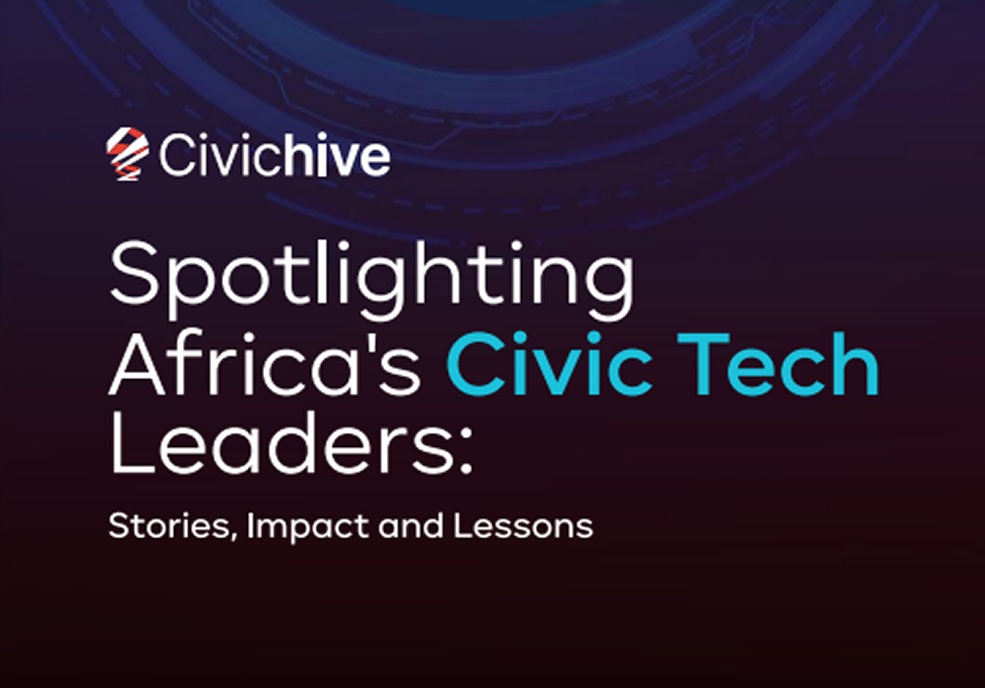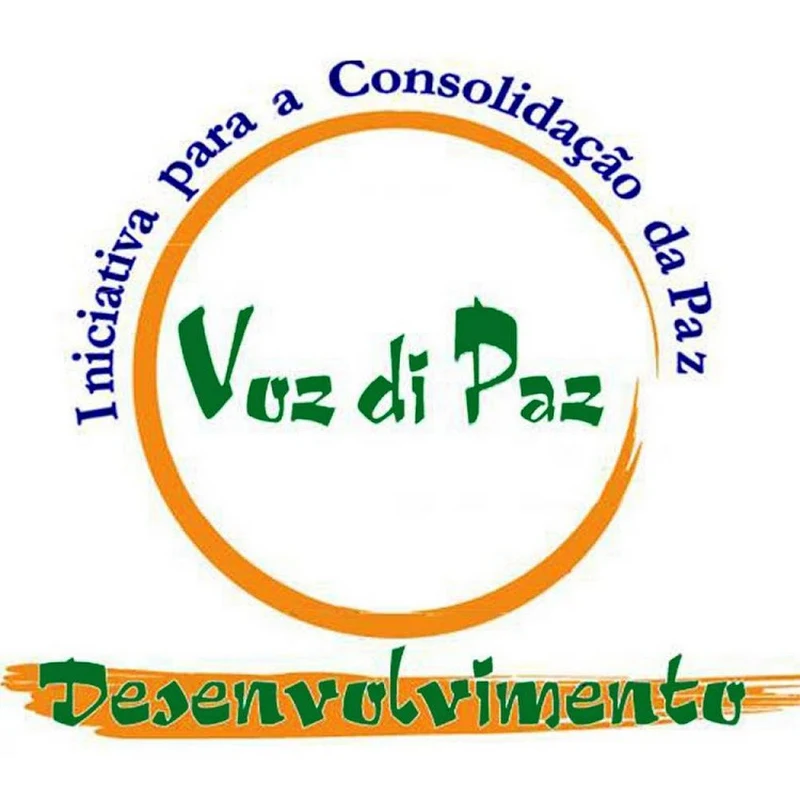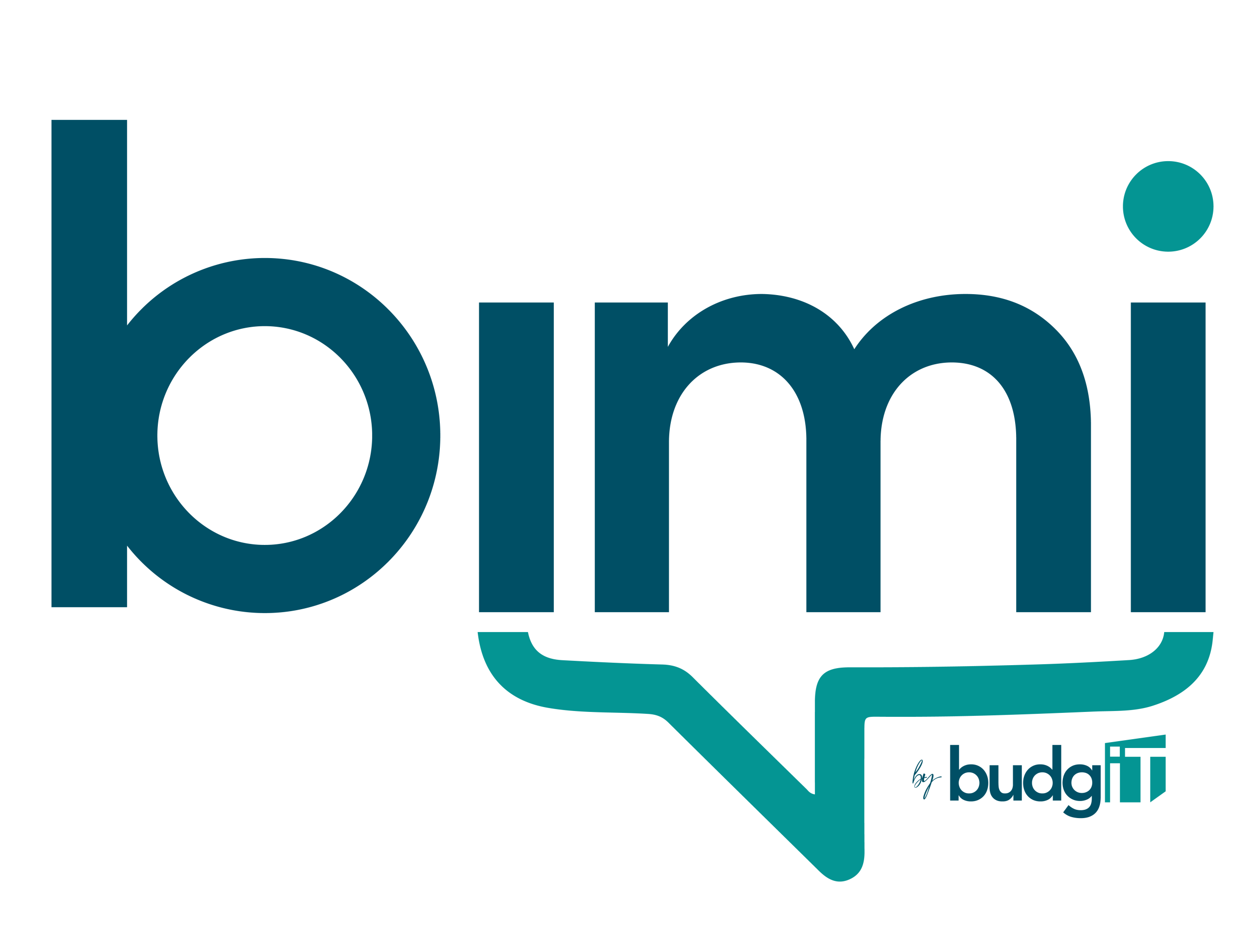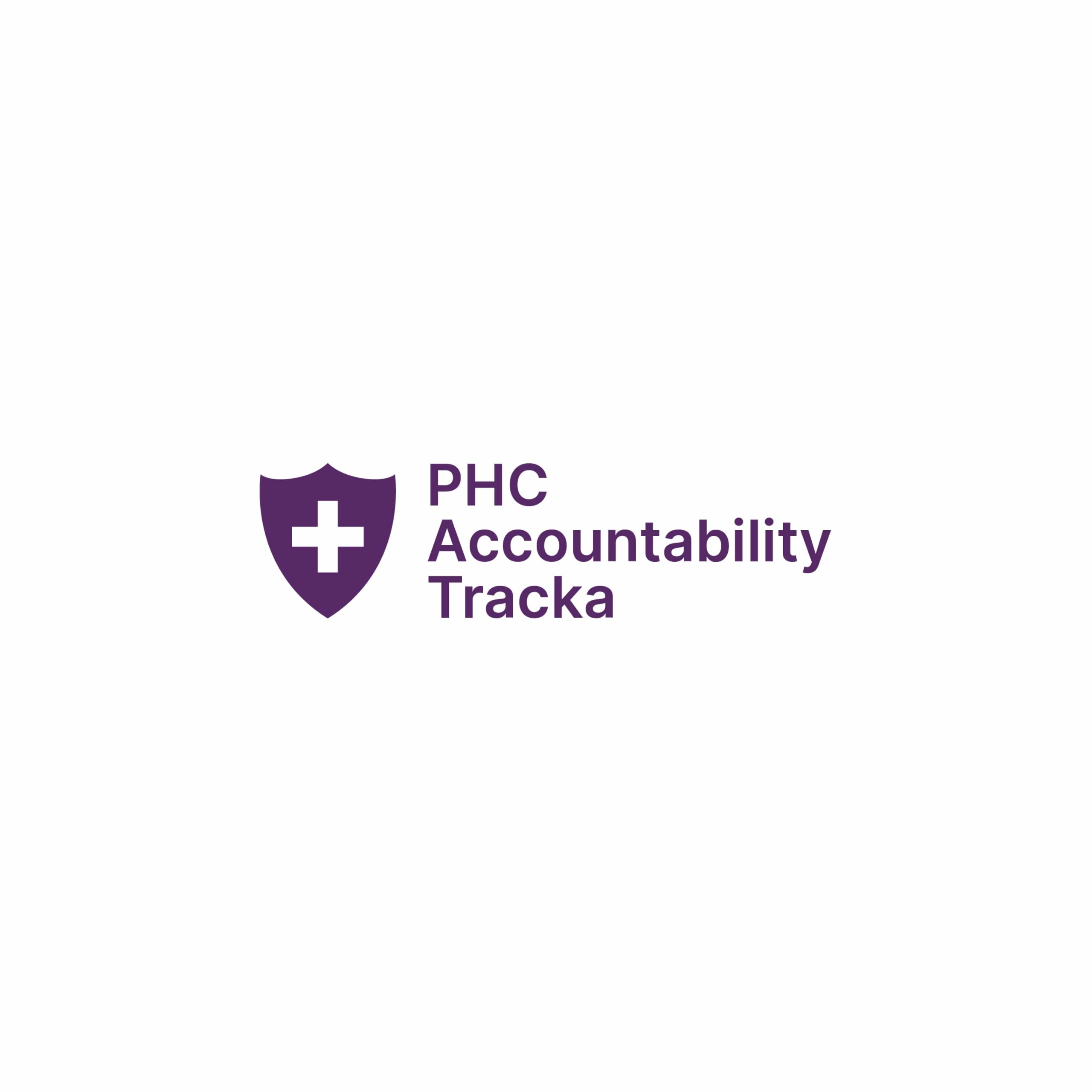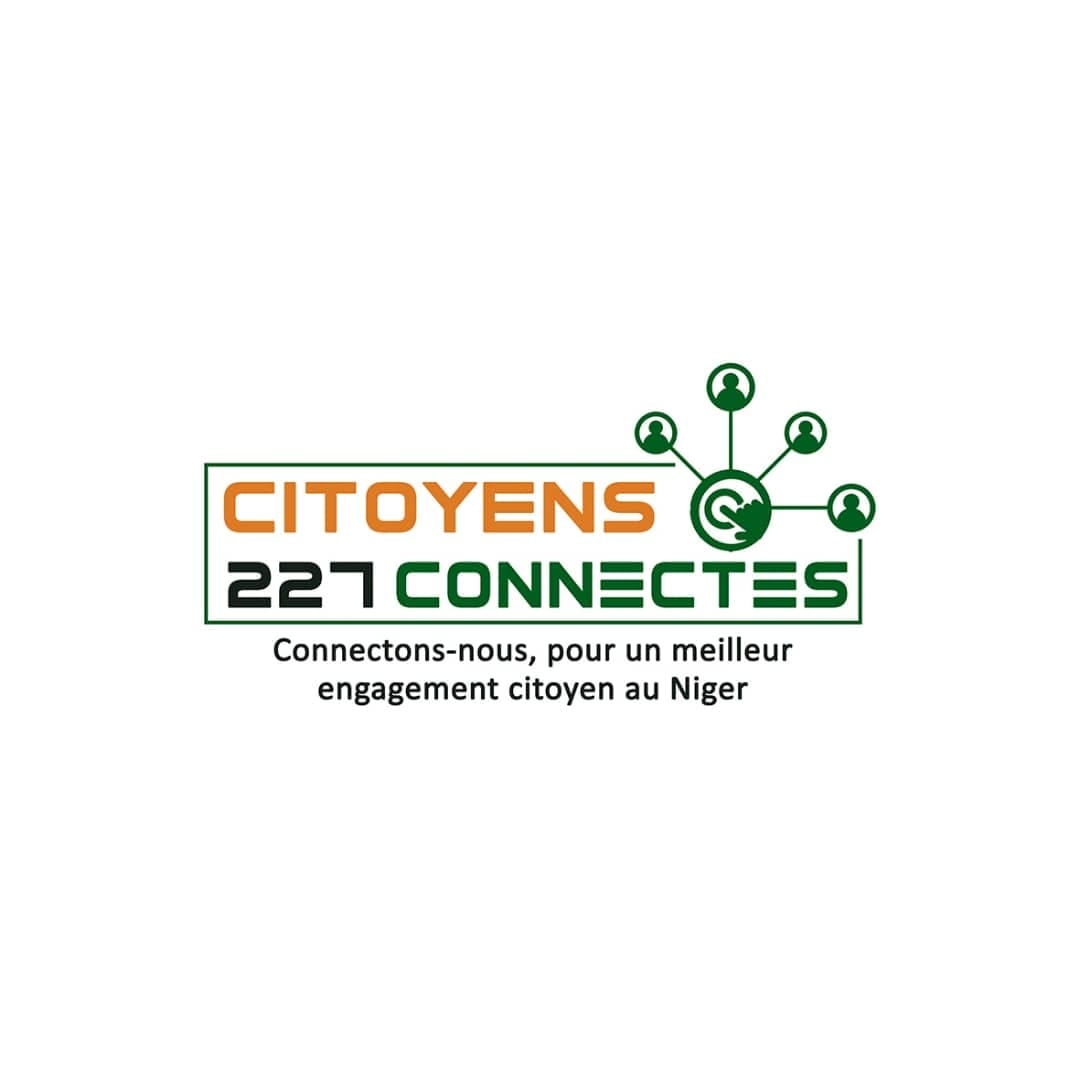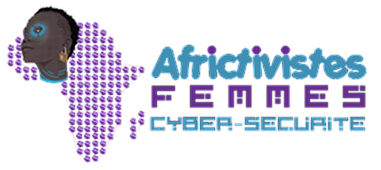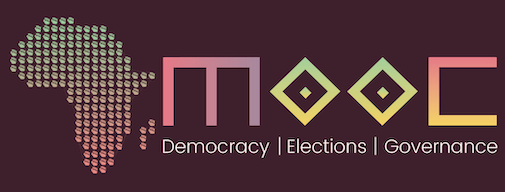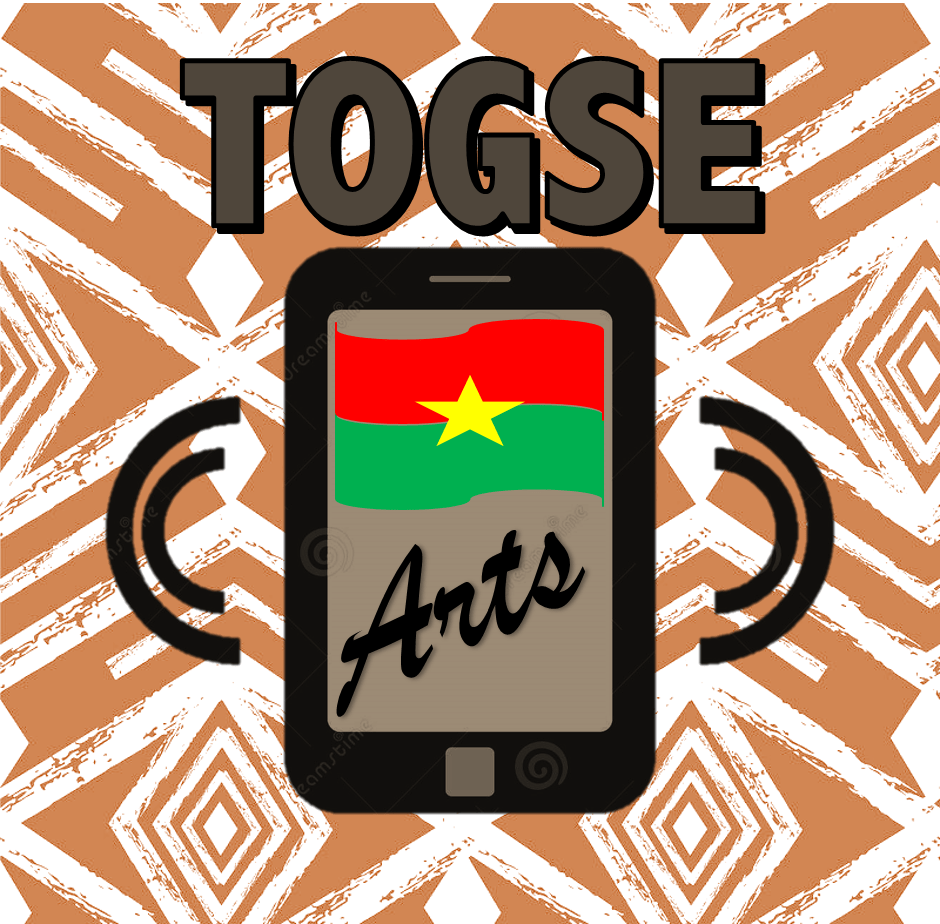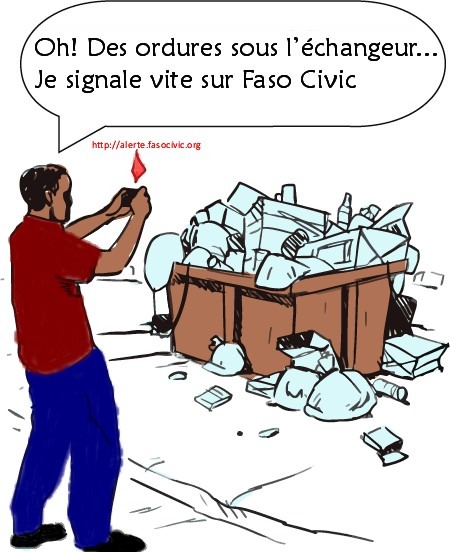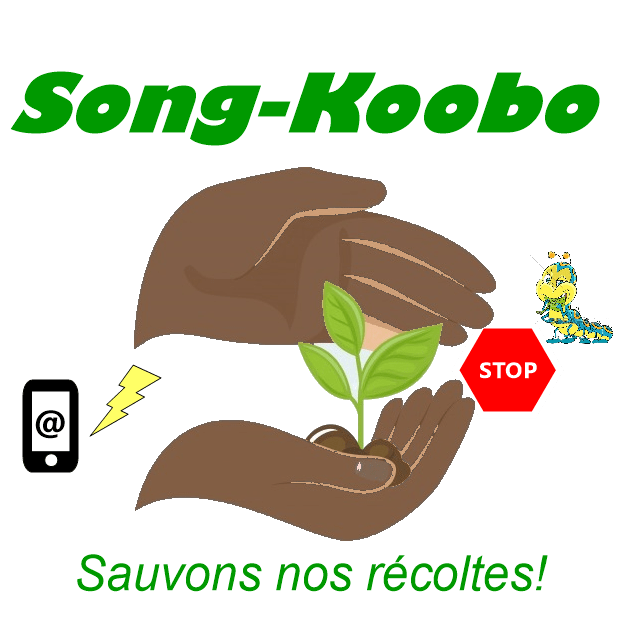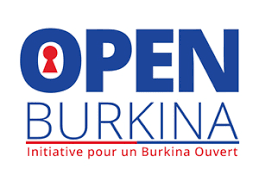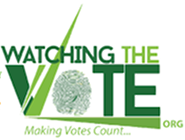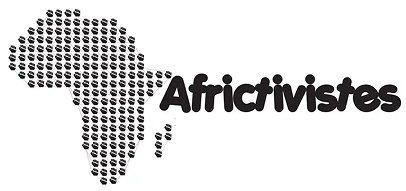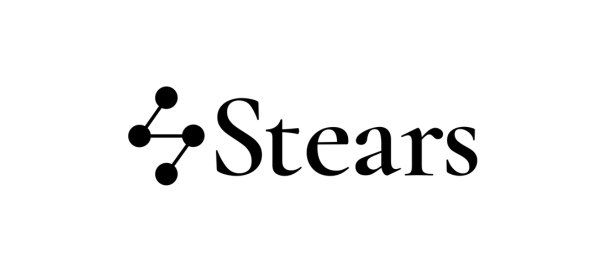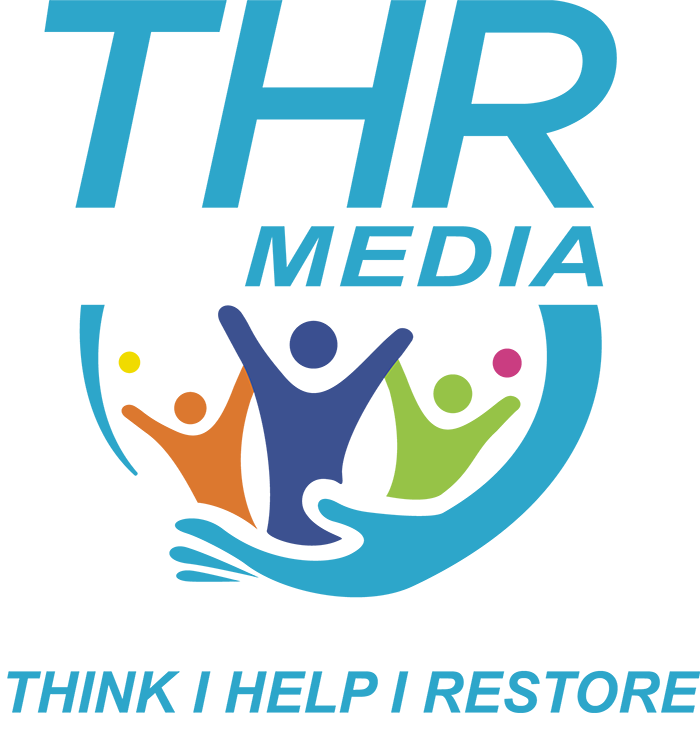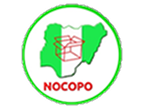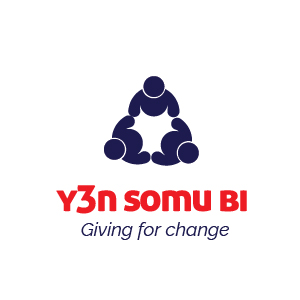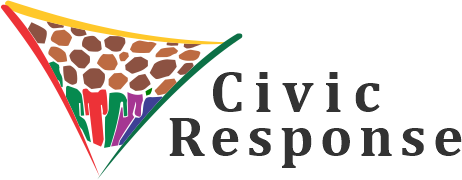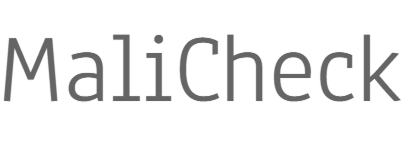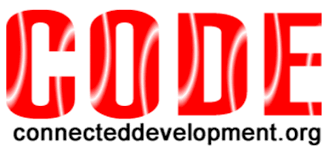As conversations on innovation, inclusion, and digital transformation dominate the civic tech space ahead of the West Africa Civic Tech Conference, it’s important to revisit a fascinating example of civic enagagement approach that predates smartphones; biometric systems, and mobile apps, “the marble voting system” of The Gambia.
This system, introduced in the early 1960s as the country approached independence, remains a powerful reminder that civic tools don’t have to be digital to be transformative. They only has to be accessible, locally owned, and designed to solve real problems. And in the case of The Gambia, it did exactly that.
The Birth of a Non-Digital Civic Innovation
In a time when illiteracy was widespread and traditional paper ballots posed significant barriers, The Gambia developed a simple yet ingenious solution: use clear-glass marbles as tokens. Each voter was issued a single marble and directed into a private booth containing a series of metal drums, each one painted with a candidate’s photo, party colors, or symbol. Casting a vote was as simple as dropping the marble into the drum of choice. A bell would ring to signal a successful vote, and the sound assured both voters and officials that the system was working.
By today’s standards, this system might seem old-fashioned or archaic. But at that time, it was a locally relevant technological fix, addressing voter illiteracy, budget constraints, and trust deficits in the electoral process. It was civic tech in its purest form a tool created to enhance participation and uphold democracy.
Why It Worked: Functionality Over Flash
Let’s take a step back and ask what is civic engagement?
At its core, civic engagement is about bridging the gap between citizens and their government, using diverse approaches that makes participation easier, more transparent, and more meaningful. It’s not defined by its complexity, but by its usefulness, accessibility, and problem-solving power.
The Gambian marble voting system checked all these boxes:
- It was simple: No reading or writing needed.
- It was familiar: Communities trusted and understood the process.
- It was affordable: No expensive printing or ballot logistics.
- It was transparent: Everyone heard when a vote was cast.
- It was innovative: It solved a local challenge using a local solution.
Recognising this, Taiwan even donated 1.5 million marbles in support of this method, proving that even low-tech tools can earn international recognition and support when they work well.

Its Limitations: A Pathway to Digital Evolution
Just like any digital tool, the system wasn’t perfect. Privacy issues emerged when the absence of a bell betrayed blank votes. The uniqueness of each drum’s bell sound sometimes compromised vote secrecy. And while the marbles were secure in many ways, the absence of a paper trail made post-election audits nearly impossible. Therefore, As democratic institutions evolved and expectations for electoral transparency increased, so did the need for more secure, auditable, and scalable systems.
This doesn’t discredit the marble system; rather, it highlights the natural progression of how civic technology should be modeled. It starts simple, meets people where they are, and evolves as societies and their demands grow.
The Shift Toward Digital Civic Tech
Today, we are witnessing an advancement of civictech across West Africa:
- In The Gambia, tools like the Marble App by Gambia participants now provide real-time election information, polling station maps, and candidate profiles.
- In Nigeria, Tracka and more recently BIMI AI by BudgIT demystify public budgets and project implementation.
- In Ghana, Odekro uses data to hold lawmakers accountable.
These tools among others build on the same philosophy as the marbles: To make democracy tangible, accessible, and responsive.
Conclusion – Civic Tech is a Continuum
The Gambia’s marble voting system reminds us that civic tech is not defined by code or complexity, but by its capacity to empower citizens and solve civic problems. Whether made of glass or built in codes, effective civic tech meets people where they are and lifts them into fuller participation in governance.
As we gather for the West Africa Civic Tech Conference, we will be spotlighting and reflecting on the region’s innovations and channel our thoughts into building the next generation of civic technology that would be inclusive, adaptive, and rooted in local context. Because sometimes, the most revolutionary tech is the one that simply works.
To learn more about civic tech tools transforming governance in West Africa, read the West Africa Civic Tech Landscape Report
